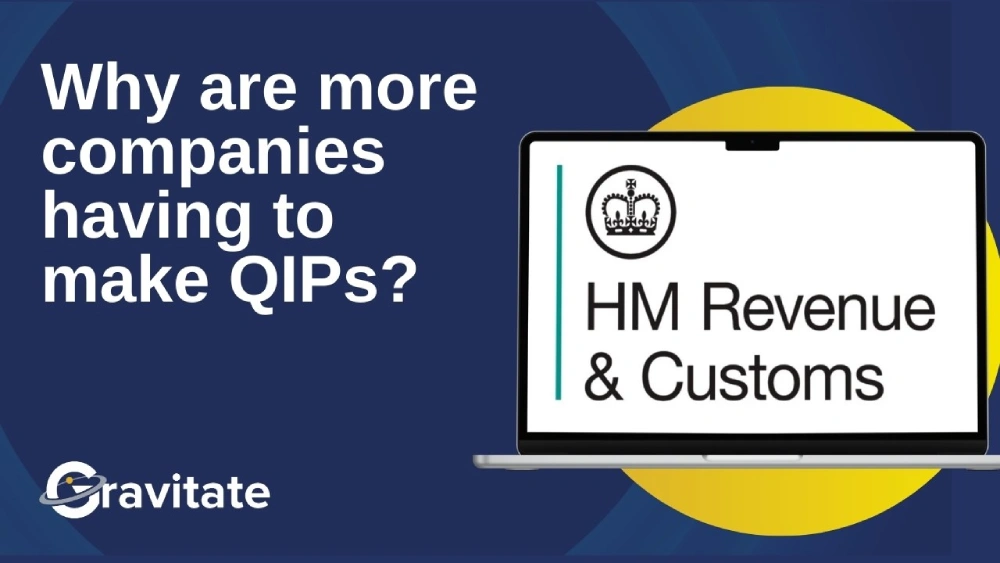As a business, certain "allowable expenses" are tax deductible. Allowable expenses are those that are "wholly and exclusively for the purpose of the trade", meaning the cost must be icurred solely for business purposes, not for personal enjoyment or mixed purposes.
When it comes to corporation tax, knowing what your company can and can’t claim as an expense can make a big difference to your bottom line. Every pound of legitimate business expense you record reduces your taxable profit, but HMRC rules can be confusing.
Some costs are fully allowable, others are partly allowable, and a few can land you in trouble if you get them wrong.
In this blog, we’ll run through some of the most common expenses, when they’re deductible, and a few pitfalls to watch out for.
What is Corporation Tax?
Corporation tax is a direct tax that a limited company (and other organisations, such as clubs and cooperatives) pays to HMRC on its profits, including trading profits, investment income, and capital gains.
Understanding allowable expenses is crucial because these are the costs of running the business that can be deducted from your total income to calculate your taxable profits.
By correctly identifying and claiming these expenses, you’ll be able to reduce your company’s Corporation Tax Bill, whilst managing your cash flow effectively and ensuring compliance with tax regulations.
What counts as an allowable expense?
To be deductible, an expense must be “wholly and exclusively for the purpose of trade.” That means the cost must be incurred solely for business purposes, not for personal enjoyment or mixed purposes.
If an expense benefits both the business and an individual personally, HMRC calls this a “duality of purpose”. Dual-purpose costs are generally not allowable.
Let’s take a look at some examples.
Is sponsoring an event tax-deductible?
Sponsorship can be a great way to raise your company’s profile, but not all sponsorship spending is tax-deductible.
To claim corporation tax relief, your sponsorship must show a clear business benefit, such as:
- Your company name or logo is being displayed at an event
- Mentions in marketing or matchday programmes
- Website or social media promotion linked to the sponsorship
If you’re sponsoring something primarily for personal reasons, such as your child’s local football team, HMRC may view this as having a dual purpose, and the cost could be disallowed. Similarly, if you receive benefits from the sponsorship i.e. you sponsor a football club but are given a hospitality box for the home matches this would make all the sponsorship cost non-allowable.
Are charity donations tax-deductible?
Charitable donations can qualify for corporation tax relief as a Qualifying Charitable Donation (QCD) if they’re made directly to a registered UK charity.
This means:
- The charity must have a valid charity number.
- The donation should be made from the company bank account.
It’s also worth noting that Gift Aid doesn’t apply to limited companies - only individuals can claim this.
Are employee training costs and professional subscriptions tax-deductible?
Investing in your team’s development is not only beneficial for business, but it’s also a legitimate tax-deductible expense.
Training that helps enhance employees’ skills for their current job or prepares them for a future role within your company is usually allowable. Examples include:
- Professional development or CPD
- Software or technical training
- Developing new skills and knowledge related to changes in the industry
Training courses are not always an allowable cost, such as where they do not improve or expand existing knowledge. For example, starting a new business or expanding into a new area of business not directly related to the current work, would not be allowable.
Professional subscriptions are also deductible if they’re on HMRC’s approved list and used in the business - for example, ICAEW or ACCA for accountants, CIPD for HR advisers or RICS for surveyors.
Is staff entertainment tax-deductible?
Staff entertaining can be a deductible expense provided they meet statutory requirements. As long as the expenses qualify, there is no limit on the amounts which can be incurred for corporation tax relief to be allowable.
Although corporation tax relief may not be capped, the employees can receive an income tax charge as a “benefit in kind” where limits are breached. The classic example is the annual staff party, which HMRC will not assess as a benefit in kind if:
- It’s a yearly event (or multiple events adding up to the same limit),
- It’s open to all employees, and
- It costs no more than £150 per head (including VAT and guests).
Beware that going even £1 over the £150 limit, and the entire amount becomes taxable as a Benefit in Kind (BiK) for employees.
Client entertaining, on the other hand, is the provision of free or subsidised entertainment or hospitality to non-employees (usually customers or suppliers) and usually included food, drink, accommodation and sporting events. Client entertaining is not deductible for corporation tax purposes.
Are repairs, legal fees, and general business overheads tax-deductible?
Yes, many day-to-day business costs are fully deductible, including:
- Staff wages and employer NI contributions
- Rent, utilities, and office costs
- Insurance and IT subscriptions
- Accountancy and legal fees (where related to the business)
- Routine repairs and maintenance of business assets
However, be careful with improvements. Repairing a roof is usually allowable, but adding an extension or additional office space would be classed as a capital cost, which would not be allowable as a business expense. There may be other reliefs available on property refurbishments and extension which are complex and we advise on.
Business expenses must be wholly and exclusively for the business to qualify for corporation tax relief.
Certain costs such as sponsorship, staff training, and staff entertainment can be allowable, but only when they meet HMRC’s specific conditions.
Always keep clear evidence, such as invoices, contracts, and receipts, to support any claims and review your expenses regularly with your accountant to ensure that nothing is missed or incorrectly classified.
How we can help
At Gravitate Accounting, we help businesses across the UK stay compliant and tax efficient. From identifying allowable expenses to strategic year-end planning, our digital-first approach ensures your accounts are accurate, up to date, and stress-free.

.png)


.png)

.png)
.png)

.png)
.png)
.png)













.png)
.png)
.png)

.png)
.png)

.png)






.webp)
.webp)









.jpg)

.webp)
.png)

.svg)
